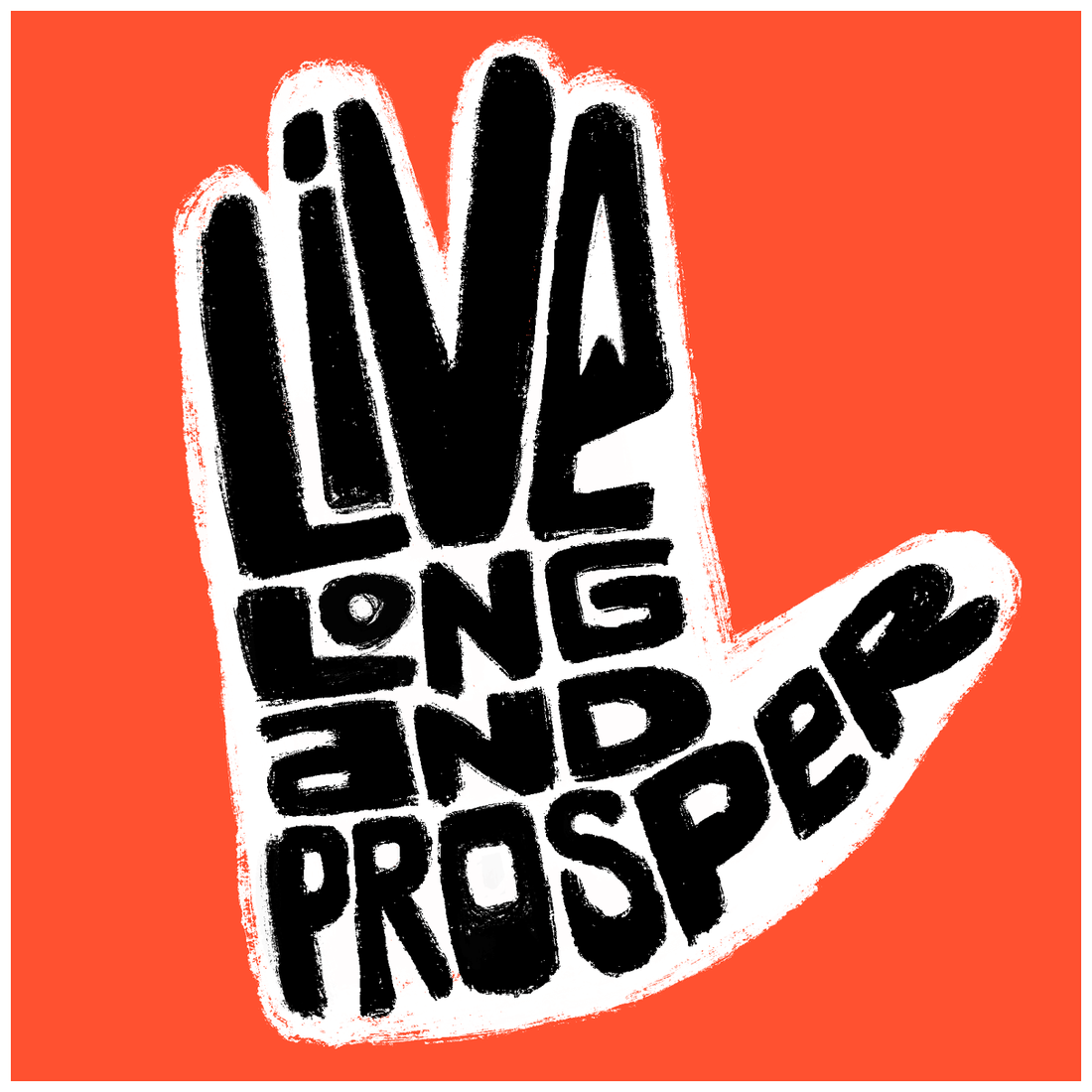
longevity victoria bc
Share
Living Better, Longer: The Science and Secrets of Longevity
The quest for a long, healthy life—longevity—is as old as humanity itself. But in the 21st century, it's no longer a mythical pursuit; it's a rapidly evolving field of science. Researchers aren't just focused on extending the lifespan (the number of years you live), but on extending the healthspan (the number of years you live in good health, free from chronic disease).
The exciting truth is that while genetics play a role, your daily choices hold the key to the vast majority of your longevity potential. Here's a look at the core factors and the most promising strategies for adding more quality years to your life.
🧬 The Core Determinants: Genetics vs. Lifestyle
How much of your life is predetermined? Less than you might think.
- Genetics (The Baseline): Studies suggest that only about 20-30% of the variation in human lifespan is linked to genetics. If your grandparents lived to a hundred, you might have a slight advantage, but a long life is not guaranteed by your DNA alone.
- Lifestyle & Environment (The Accelerator): The remaining 70-80% is determined by your environment, access to healthcare, and, most critically, your personal habits. This is where you have the power to actively shape your future.
🌱 The Longevity Blueprint: 5 Pillars of a Longer Life
The practices consistently observed in the world's Blue Zones—regions with the highest concentrations of centenarians—form the practical foundation for longevity.
1. Nutrition: Eat with Intent
What and how you eat is arguably the most powerful lever you can pull for longevity.
- The Mediterranean Model: Diets rich in fruits, vegetables, whole grains, legumes, and healthy fats (like olive oil) and low in processed foods and red meat are consistently linked to reduced chronic disease risk.
- Calorie Awareness: While severe caloric restriction is controversial for humans, moderate practices like intermittent fasting (time-restricted eating) and simply avoiding overeating have shown cellular benefits in animal models and promote better metabolic health.
- Prioritize Plants: Focus on a nutrient-rich, anti-inflammatory diet. Plants provide the phytonutrients and antioxidants needed to protect your cells from damage.
2. Movement: Keep Moving, Not Just Exercising
It's not about marathon running; it's about making movement a non-negotiable part of your life.
- Consistent Activity: Centenarians don't go to the gym; they move naturally throughout the day—gardening, walking, cooking, and doing household chores.
- Strength is Health: Strength and resistance training are crucial as you age. Losing muscle mass (sarcopenia) is a key marker of aging. Maintaining lean muscle helps preserve metabolism, balance, and independence.
- Aim for Consistency: The goal is to move from a sedentary lifestyle to a moderately active one. Even brisk walking for 30 minutes a day has substantial benefits.
3. Sleep: The Ultimate Form of Cellular Repair
Sleep isn't a luxury; it's when your body performs essential maintenance.
- Quality is Key: Aim for 7-9 hours of quality sleep per night. During deep sleep, your brain clears metabolic waste, and your body repairs cellular damage.
- Disruptions Accelerate Aging: Chronic poor sleep is tied to a higher risk of heart disease, dementia, and chronic inflammation.
4. Mindset & Stress Management
Your mental state directly impacts your biological aging process.
- Manage Chronic Stress: Chronic, low-level stress drives "inflammaging" (chronic inflammation), which accelerates cellular damage. Techniques like meditation, deep breathing, and mindfulness are more than relaxation—they're biological interventions.
- Cultivate Purpose: Having a sense of purpose (ikigai in Japanese culture) and a reason to get out of bed is strongly associated with better health and greater longevity.
5. Connection: Social Bonds are Biological
One of the most powerful and often overlooked predictors of a long, healthy life is strong social connection.
- Combat Loneliness: Loneliness and social isolation are linked to an increased risk of disease and mortality.
- Stay Engaged: Maintaining close friendships, participating in community activities, and having strong family ties provide emotional resilience and intellectual stimulation that supports a longer healthspan.
🔬 The Frontier: Longevity Science and Future Trends
Modern research is unlocking the complex biological processes of aging, moving longevity from a lifestyle conversation to a medical one.
- Targeting the Hallmarks of Aging: Scientists are focused on the core cellular processes that drive aging, such as cellular senescence (when cells stop dividing but refuse to die, spewing inflammatory signals) and mitochondrial dysfunction.
- The Rise of Biological Clocks: New tools called epigenetic clocks analyze DNA markers to estimate your biological age, which is often more predictive of health and lifespan than your chronological age. This allows for hyper-personalized health interventions.
- Promising Compounds: Research is ongoing into compounds like Metformin (a common diabetes drug), Rapamycin, and NAD+ precursors for their potential to slow aging by targeting key metabolic pathways. Note: These are currently research areas and should not be used without medical supervision.
Longevity is the ultimate personal development project. By focusing on the powerful pillars of lifestyle—nutrition, movement, sleep, stress management, and connection—you don't just add years to your life, you add life to your years.
Magic Mushroom Delivery - Mushroom Delivery Victoria & Vancouver
